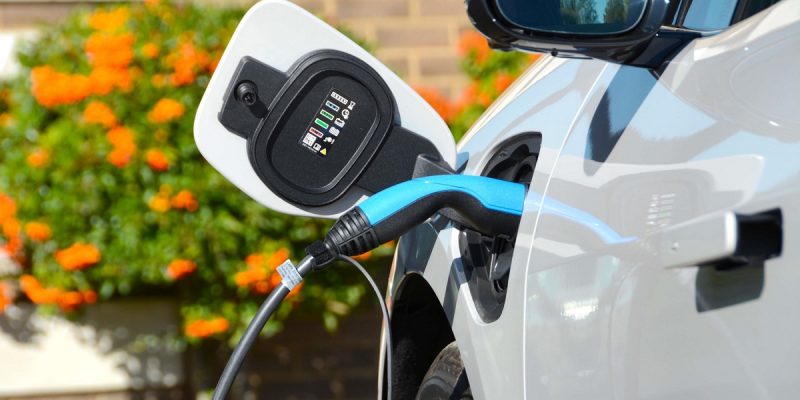The car industry’s push toward electrification is deeply problematic.
On the one hand, carmakers and politicians alike are eager to embrace EVs as a fossil-fuel-free solution to transportation. On the other hand, the vast majority of the electricity needed to charge EVs is currently generated by burning – you guessed it – fossil fuels. Unless we can shift our grid toward sustainable energy production, EVs are like switching from cigarettes to cigars: both will give you cancer. [Even the shift to sustainable energy could have a huge CO2 price attached. See comments in EVs Cost More to Own than ICE, AAA Study Says – Ed.]
Equally problematic is the fact that our current charging infrastructure is woefully inadequate to accommodate a surge in EV ownership. A growing number of countries have deadlines in place to ban the sale of all new ICE cars come 2030 or 2035. If those deadlines hold, the need for widespread, reliable charging infrastructure is urgent. Last week witnessed two proposals to address the shortage.
The first came in England, where the government reportedly plans to implement new legislation that requires EV chargers to be installed whenever a new residential home or office building is constructed. The legislation will probably go into effect at the start of 2022. Commercial buildings will need to provide one EV charger for every five parking spaces. Whether in homes or office buildings, all EV chargers must be smart devices that can regulate when and for how long vehicles are charged so that the grid can continue to run without being overloaded.
According to a report from the UK’s Competition and Markets Authority, England will need 500,000 public charging stations by 2030 to accommodate the surge in EV ownership. It currently has 25,600 public charging points. The massive gulf between those two numbers is why the government hopes to rapidly increase the number of private chargers in the country. If passed, the law will be the first of its kind in the world and could lead the way for other countries to follow.
Meanwhile in New York last week, Governor Kathy Hochul signed legislation setting a goal for all new passenger cars and trucks sold in New York State to be zero-emissions by 2035. If implemented, this law could create a dire need for charging infrastructure in New York City, where space is too limited to create large public charging hubs. Enter Gravity, an EV charging start-up that has converted a garage on 42nd Street near Time Square into a fast charging hub with 29 dedicated spaces.
The garage will include wood-paneled charging ports, digital kiosks and living plants. Electric company Con Ed will supply the electricity with spare power from nearby utility rooms. To park at the charging hub is free but customers will have to pay for the electricity to charge their vehicles. The Time Square project is about more than converting a single parking garage. It’s about a vision to repurpose existing parking garages across the city into charging hubs that can meet the growing need for EV infrastructure. Gravity plans to scale its operations to five to 10 fast charging hubs within the year.
In other news last week, Baidu launched its Apollo Go robo-taxi service in Shanghai. The service is built around a fleet of Level 4 all electric Hongqi EVs. In theory, any member of the general public can hitch a ride with Apollo Go in Shanghai, although Baidu is launching with just a handful of robo-taxis for now, with plans to scale up to 200 in the coming year. The vehicles will have safety operators behind the wheel at all times.
Apollo Go’s expansion into Shanghai marks its fifth city in China and strikes a sharp contrast with competitors like Waymo in the US, which is only operating in the suburbs of Phoenix, with plans to launch in San Francisco soon. Apollo Go is already up and running in Beijing as well as Guangzhou, Changsha and Cangzhou.
by Andrew Tolve
Source: https://www.tu-auto.com




